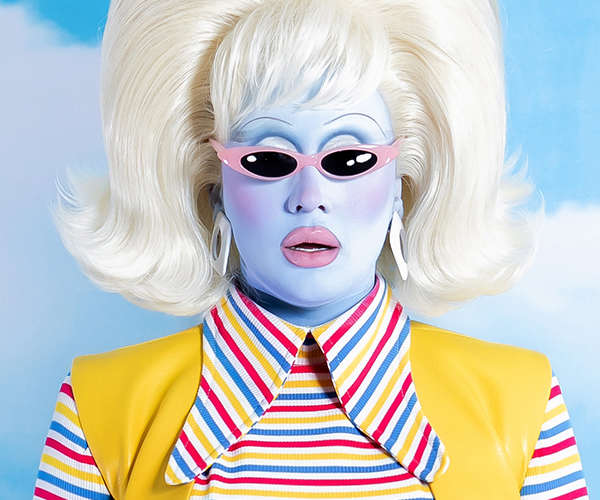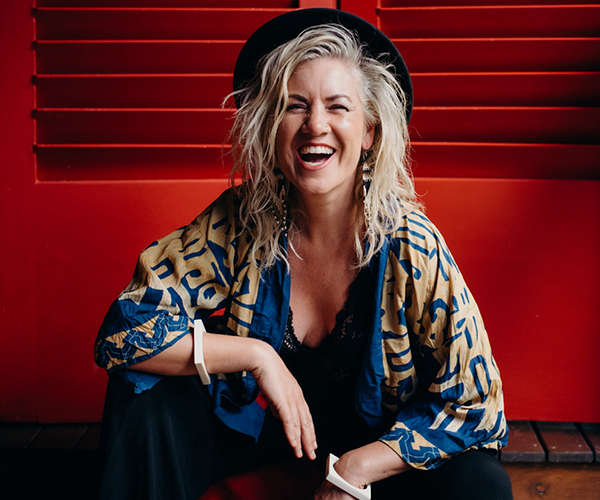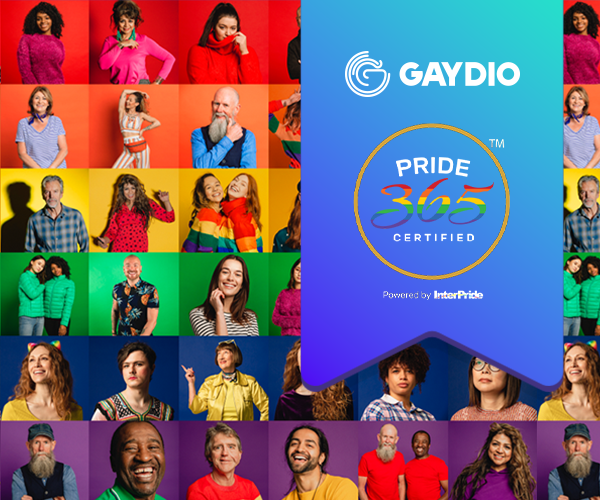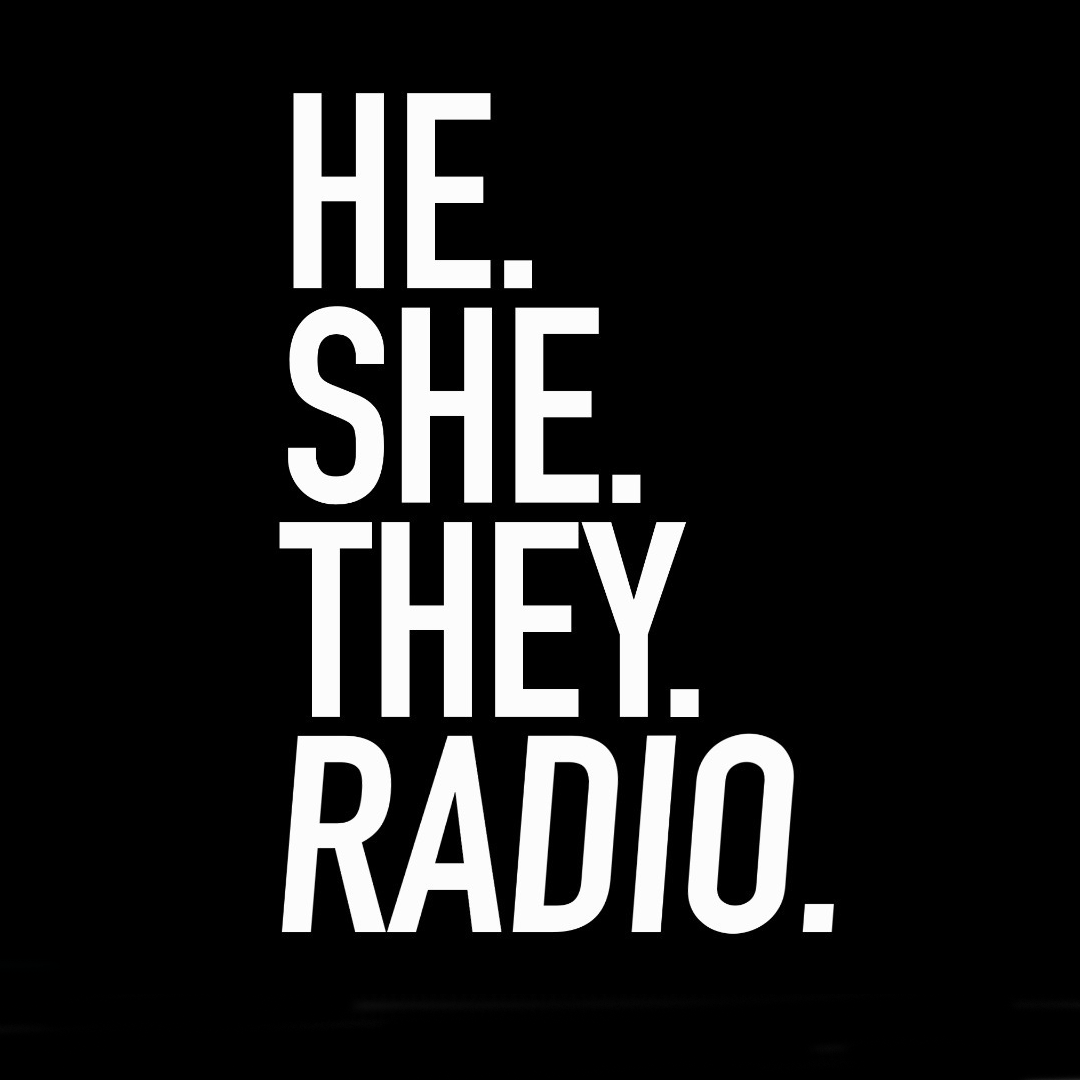You are viewing content from Gaydio Bristol. Would you like to make this your preferred location?
Gay rights campaigner Peter Tatchell chats to Alex Klineberg
An encounter with Peter Tatchell

In early August I had the privilege of interviewing Peter Tatchell. He has been a human rights activist for forty-six years. Having been beaten up, verbally abused and demonised in the press, he could be forgiven for opting for a quiet life. He is sixty-one now. He could always write his memoirs and go on the public speaking circuit. But he remains the most high profile human rights activist in the UK. There is no money to be made from what he does. He lives in a council flat in London on an income of roughly nine grand a year. His money comes from journalism and media appearances. He lives an ascetic life, obsessively dedicated to his work.
I met him at Piccadilly and we made our way though Manchester. One of the first question I asked him: 'Is it true that you work through five hundred emails a day?' His response was negative. It's closer to one thousand. He works all day long and often into the night. Sleep is a luxury he occasionally partakes of – he acknowledges that his life style poses serious risks to his mental health. But fatigue, stress and violence are not enough to stop him.
On our way down Market Street a twenty-something guy ran over to us and shook Peter's hand. He obviously recognised him from the TV. Peter later commented that fifteen years ago that would probably have been someone coming over to harass him. Over the last decade he has finally received recognition from the mainstream.
2013 marks the thirtieth anniversary of the notorious Bermondsey by-election, in which Tatchell stood for Labour against the Lib Dem Simon Hughes. It was a Labour safe seat and Tatchell went on to loose it. He had a decent majority when the campaign started, but after been subjected to homophobic abuse from the Lib Dems and the tabloid press, the tide quickly turned against him. The Lib Dems printed a leaflet declaring the election 'a straight choice.' But things got worse when another leaflet displayed Tatchell's home address and phone number. The result was an arson attack on his house and over twenty beatings in the street. An elderly German said to Tatchell at the time that he hadn't seen anything like it since Berlin in the 1930's. Tatchell was so persecuted for his sexuality that comparisons to Oscar Wilde were drawn.
A lesser man would have been defeated by such experiences. But Tatchell was emboldened and decided to dedicate himself to human rights activism, so that no one else would have to go through what he went through.
In the early nineties he became a key figure in OutRage!, a radical gay rights group. In 1994 they famously outed a group of Church of England Bishops, and threatened to out around twenty MPs. They were denounced for their 'radicalism'. But Tatchell explained that they only outed people who had taken homophobic stances in public, but were known privately to be gay or bisexual. The enemies were outspoken hypocrites, not innocent people trying to keep their sexuality private. Incidentally, the journalist Christopher Hitchens once noted that whenever he sees a politician or religious leader making random attacks on gays in public, he sets his stopwatch: it's only a matter of time before the offending bigot is found sprawled out in the men's room. Time and time again this formulation has proved itself to work. We also know that homophobes are more responsive to gay porn.
Tatchell's most legendary encounters have been with Zimbabwean president Robert Mugabe. In 1999 and 2001, Tatchell attempted to arrest the president – the former attempt in London, the latter in Brussels. He came closest in London. Tatchell, who had already worked with Zimbabwean dissidents, received an anonymous phone call. A richly African voice said that the President would be making a private visit to London; the caller named the hotel and the line went dead. Tatchell found himself in John Le Carre territory.
He decided to take the call seriously and went over to the hotel with a few comrades. They soon realised that they hadn't been duped. Loitering around outside the hotel, trying to look inconspicuous, the waited for their moment. But even these hardened activists couldn't deflect all traces of suspicion as the hours dragged by. A group of burly security guards emerged from the car park. Tatchell decided to take a risk. He ran over to them, stating that he was a News Of The World journalist hoping for an interview with Elton John. He explained that he'd been tipped off as to the Rocket Man's whereabouts and he'd do anything for a photo. Could the nice Mugabe henchmen perhaps give him a little assistance? After everyone had burst out laughing they went back into the hotel. Tatchell soon saw Mugabe himself being led into a car. He gave the signal. As the car drove out onto the street, an activist ran in front of the car and another behind it. Mugabe was stuck outside a fancy hotel. Tatchell ran over to the car, opened the door – surely it should have been locked? – and grabbed Mugabe, stating: 'I am arresting you for human rights violations, &c.' Mugabe sank into his seat, petrified. His henchman sat their hopelessly. The activists called the police, informing them that they had a mass murderer in their grasp. The police came and, with depressing inevitability, arrested Tatchell and his comrades.
On his second attempt Tatchell was beaten unconscious by Mugabe's thugs, causing serious injury. For his incredible bravery, Tatchell was heralded by Zimbabwean activists and newspapers who once derided him as a 'gay terrorist.' He made headlines around the world.
Today he is at the forefront of the international campaign against the new anti-gay laws in Russia. So many people who have never been politically galvanised before have rallied around this issue. But Tatchell is always there first, he's the most informed and the last the give up.
He speaks with remarkable clarity and eloquence – his recent appearance on Question Time was a masterclass in political debate and communication. When Ian Paisley (junior) made a barbed comment: 'You could marry anyone you want tomorrow Peter, just not a man,' and then snarled for everything he was worth; Tatchell simply parried with: 'I'll leave the audience to interpret that remark.'
In 2006 the New Statesman asked its reader to vote for the fifty most inspiring people of our times. Tatchell was voted sixth, one place below Margaret Tatcher and above Bill Gates and the Dalai Lama. Even the Daily Mail asked in 2009: 'Is Peter Tatchell the bravest man in Britain?'
Peter Tatchell's tireless dedication to human rights has been an inspiration to us all. He says that he refuses to accept the world as it is, and he does everything in his power to change it. They are his words – he lives by them every day of his life.







